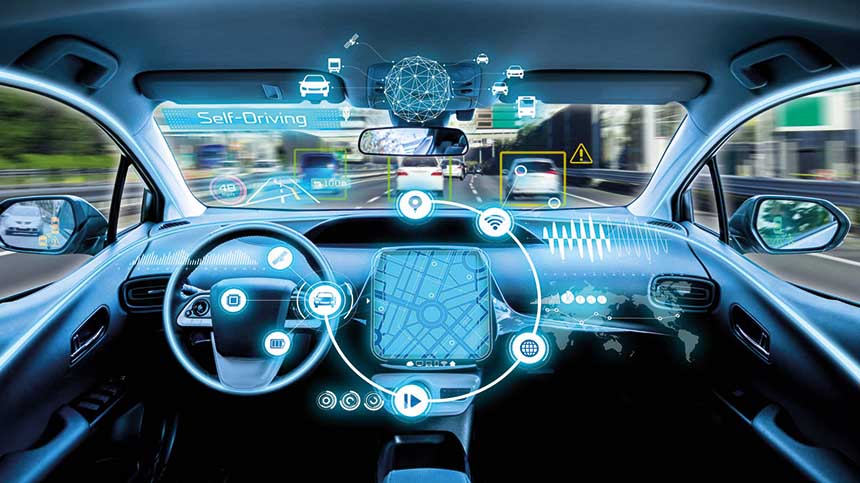Autonomous vehicles ‘generally’ safer than human drivers

One of the largest studies in autonomous vehicles has found that self-driving cars are safer than human drivers apart from when they are turning or when the light is poor.
The study, carried out by experts at the University of Central Florida, analysed data from 2,100 incidents involving cars with driver assistance technologies and 35,000 incidents involving cars without these features.
It matched incidents that occurred under similar circumstances, such as road conditions, weather, time of day and location, to measure the performance of autonomous vehicles against that of drivers without any assisting technology.
Autonomous vehicles
It found that although autonomous vehicles ‘generally demonstrate better safety in most scenarios,’ their crash risk was five times higher than human drivers during dawn and dusk, and nearly double when making turns.
Shengxuan Ding from the University of Central Florida said:
“It is important to improve the safety of autonomous vehicles under dawn and dusk or turning condition. Key strategies include enhancing weather and lighting sensors and effectively integrating sensor data.”
The findings come after the UK government passed legislation in May that could see autonomous vehicles on UK roads as early as 2026, with the Department for Transport saying the technology can ‘reduce human error, which contributes to 88% of road collisions.’






